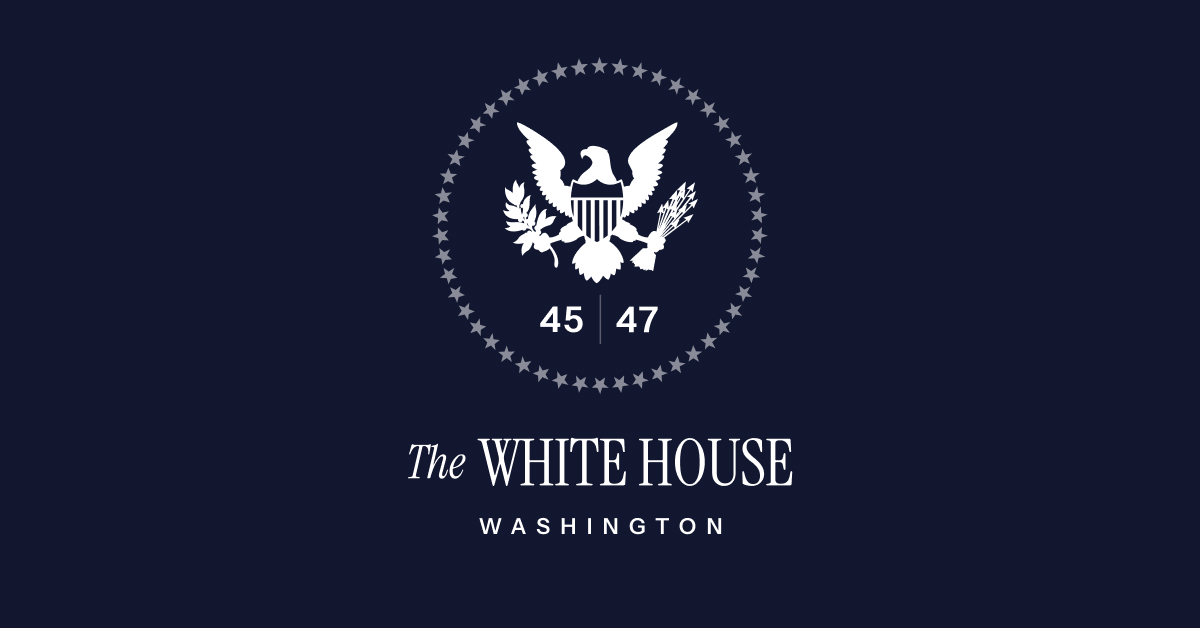State Laws And Flag Burning: Can Burning The American Flag Be A Crime?

Welcome to your ultimate source for breaking news, trending updates, and in-depth stories from around the world. Whether it's politics, technology, entertainment, sports, or lifestyle, we bring you real-time updates that keep you informed and ahead of the curve.
Our team works tirelessly to ensure you never miss a moment. From the latest developments in global events to the most talked-about topics on social media, our news platform is designed to deliver accurate and timely information, all in one place.
Stay in the know and join thousands of readers who trust us for reliable, up-to-date content. Explore our expertly curated articles and dive deeper into the stories that matter to you. Visit Best Website now and be part of the conversation. Don't miss out on the headlines that shape our world!
Table of Contents
State Laws and Flag Burning: Can Burning the American Flag Be a Crime?
The sight of a burning American flag is undeniably provocative. It sparks strong emotions, igniting debates about freedom of expression, patriotism, and the limits of the law. But can burning the American flag actually be a crime? The answer is complex and depends heavily on where the act takes place.
While the Supreme Court has ruled that flag burning is protected speech under the First Amendment, several states have attempted to circumvent this ruling through various legal maneuvers. This article will explore the legal landscape surrounding flag burning, examining both federal and state laws.
The Supreme Court's Landmark Ruling:
The central case in this debate is Texas v. Johnson (1989). In this landmark decision, the Supreme Court ruled that burning the American flag as a form of protest is protected under the First Amendment's guarantee of freedom of speech. The Court recognized flag burning as expressive conduct, a form of symbolic speech conveying a political message. This decision effectively struck down numerous state laws that criminalized flag desecration.
The Attempts to Circumvent Texas v. Johnson:
Despite the Supreme Court's clear ruling, some states have attempted to legislate around the decision. These attempts haven't been successful in directly prohibiting flag burning, as any such law would almost certainly be struck down by the courts. However, some states have tried alternative approaches:
- Targeting the manner of flag burning: Some states have attempted to regulate the manner in which a flag is burned, focusing on issues like public safety or property damage. This approach is legally precarious, as it attempts to regulate the action rather than the expressive content.
- Enacting laws with narrower scope: Other states have considered laws that target specific actions related to flag burning, such as damaging or defacing the flag in a way that goes beyond simply burning it. Again, the legal standing of these is questionable.
State Laws: A Patchwork of Regulations:
While no state can outright ban flag burning, it’s crucial to understand the nuances of state laws. Many states have laws regarding the respectful treatment of the flag, often found within broader statutes concerning vandalism or desecration of public property. These laws might not directly address flag burning itself, but could potentially lead to charges if the act causes damage to property or creates a public disturbance.
It's important to note that these laws are often inconsistently enforced and are subject to legal challenges. A conviction under such a state law would likely hinge on the specific circumstances of the flag burning incident.
The Importance of Understanding the Nuances:
The legal landscape surrounding flag burning is complex and constantly evolving. While the Supreme Court has firmly established the right to engage in this form of protest, the specific legal ramifications depend heavily on the context of the act and the applicable state laws. Anyone considering engaging in such expressive conduct should carefully consider the potential legal consequences.
Disclaimer: This article provides general information and should not be considered legal advice. For specific legal guidance concerning flag burning or related activities, consult with a qualified legal professional in your jurisdiction. This information is for educational purposes only.
Keywords: Flag burning, First Amendment, freedom of speech, Texas v. Johnson, state laws, Supreme Court, protest, expressive conduct, symbolic speech, legal ramifications, legal advice.

Thank you for visiting our website, your trusted source for the latest updates and in-depth coverage on State Laws And Flag Burning: Can Burning The American Flag Be A Crime?. We're committed to keeping you informed with timely and accurate information to meet your curiosity and needs.
If you have any questions, suggestions, or feedback, we'd love to hear from you. Your insights are valuable to us and help us improve to serve you better. Feel free to reach out through our contact page.
Don't forget to bookmark our website and check back regularly for the latest headlines and trending topics. See you next time, and thank you for being part of our growing community!
Featured Posts
-
 College Football Week 1 Geoff Schwartzs Fox Super 6 Contest Picks And Analysis
Aug 30, 2025
College Football Week 1 Geoff Schwartzs Fox Super 6 Contest Picks And Analysis
Aug 30, 2025 -
 White Sox Fall To Yankees As Pinstripes Extend Winning Streak To Five Games 10 4
Aug 30, 2025
White Sox Fall To Yankees As Pinstripes Extend Winning Streak To Five Games 10 4
Aug 30, 2025 -
 Ex Colts Owner Jim Irsays Struggle Espn Reveals Details Of Drug Relapses
Aug 30, 2025
Ex Colts Owner Jim Irsays Struggle Espn Reveals Details Of Drug Relapses
Aug 30, 2025 -
 Fox Super 6 Geoff Schwartzs College Football Week 1 Predictions And Picks
Aug 30, 2025
Fox Super 6 Geoff Schwartzs College Football Week 1 Predictions And Picks
Aug 30, 2025 -
 2025 Nfl Season Examining The New Rivalry Game Uniforms
Aug 30, 2025
2025 Nfl Season Examining The New Rivalry Game Uniforms
Aug 30, 2025
Latest Posts
-
 Buckeye Fans Live Tattoo A Wild Joel Klatt Show Moment
Aug 30, 2025
Buckeye Fans Live Tattoo A Wild Joel Klatt Show Moment
Aug 30, 2025 -
 T1 Keria Expresses Post Game Confidence After Dominant Hanwha Life Win
Aug 30, 2025
T1 Keria Expresses Post Game Confidence After Dominant Hanwha Life Win
Aug 30, 2025 -
 Royal Rift Deepens Harry Meets Charles William Skips Family Summit
Aug 30, 2025
Royal Rift Deepens Harry Meets Charles William Skips Family Summit
Aug 30, 2025 -
 Robert F Kennedy Jr And The Cdc The White House Weighs In
Aug 30, 2025
Robert F Kennedy Jr And The Cdc The White House Weighs In
Aug 30, 2025 -
 Prince Harrys Uk Return Will He And King Charles Finally Meet
Aug 30, 2025
Prince Harrys Uk Return Will He And King Charles Finally Meet
Aug 30, 2025
